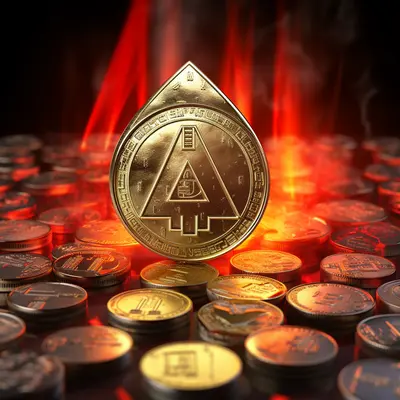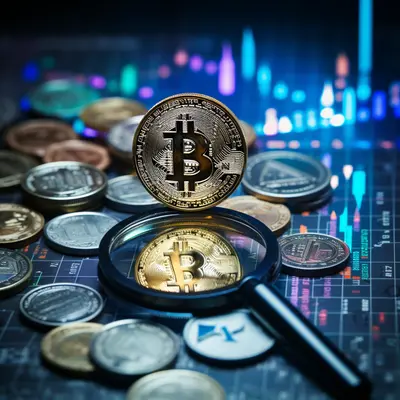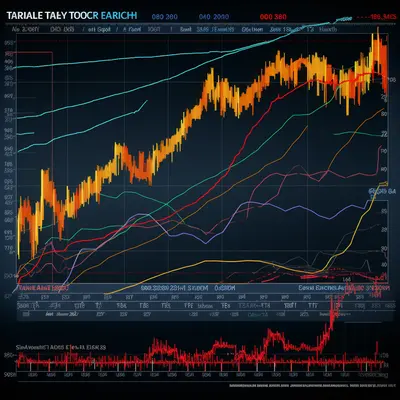SEC Challenges Coinbase in Court, Claims Crypto Lacks 'Inherent Value'
The SEC claims digital assets lack intrinsic value.

The SEC vs. Coinbase: A Deep Dive into the Value of Digital Assets
In the ever-evolving world of cryptocurrencies, regulatory bodies are striving to keep pace. Last week, a significant development occurred when the U.S. Securities and Exchange Commission (SEC) filed a court motion against Coinbase, the leading crypto exchange in the US by trading volume. The crux of the SEC's argument? Digital assets, in their view, lack intrinsic value since they can't generate profits independently.
To understand this perspective, it's essential to compare digital assets with traditional assets. For instance, real estate, a long-standing pillar of investment, is often said to have 'inherent value.' This means that a piece of property, by its very nature, holds value. It can be used, rented out, or even just held onto as its value appreciates over time. In stark contrast, the SEC argues that a crypto token's value is entirely dependent on the ecosystem supporting it. Without a robust system driving demand, a crypto token would fail to generate any profit.
But how does the SEC substantiate such a claim? They turn to a well-established legal criterion: the Howey test. This test, often invoked in legal discussions around investments, helps determine if a transaction qualifies as an investment contract. In simple terms, if someone invests money expecting profits primarily from others' efforts, that transaction is deemed an investment contract under the Howey test.
To further their point, the SEC highlighted examples from the Howey test itself. The test's foundational case revolved around the sale of an asset – specifically, orange groves. Other tangible assets, like beavers, whiskey caskets, and even chinchillas, have been sold as part of investment contracts in the past. These assets, the SEC argues, have a tangible, inherent value. They exist in the physical world and have a value that isn't solely dependent on external factors.
Crypto assets, however, are a different beast. They exist in the digital realm and, according to the SEC, lack the tangible value of physical assets. The regulatory body argues that while crypto assets might represent some underlying value (like an entry on a digital ledger), the digital token itself – which is essentially software – doesn't have any inherent value. It's merely a representation of its underlying value. Without access to the services or intellectual property that these tokens represent, they would essentially be worthless. After all, investors aren't buying crypto assets just to own a sequence of digital letters and numbers. They're buying them for the potential value and utility they represent.
This perspective from the SEC has significant implications. If digital assets are deemed to lack inherent value and are classified as investment contracts, they fall squarely under the SEC's jurisdiction. This would mean stricter regulations, more oversight, and potentially more hurdles for crypto exchanges and investors.
Coinbase, a major player in the crypto world, has voiced concerns over the SEC's stance. Last month, they highlighted the potential economic repercussions of the SEC's enforcement-only approach. They argue that such a stance could stifle innovation and hinder the growth of the US economy in the burgeoning digital age.
In conclusion, the debate over the intrinsic value of digital assets is far from over. As the crypto world continues to grow and evolve, regulatory bodies like the SEC will play a pivotal role in shaping its future. The outcome of this case could set a precedent for how digital assets are viewed, regulated, and traded in the years to come.
Oct 10, 2023



















